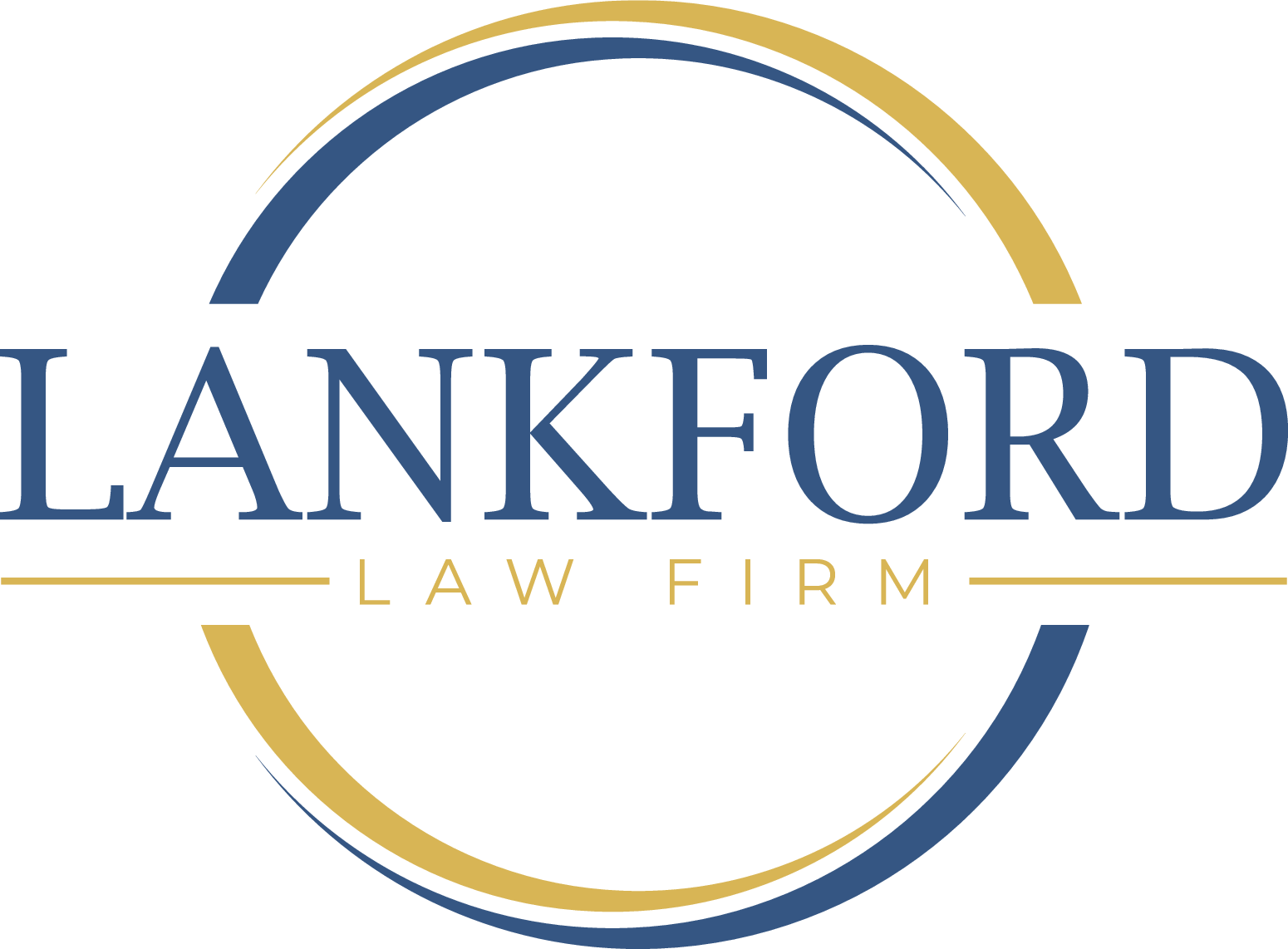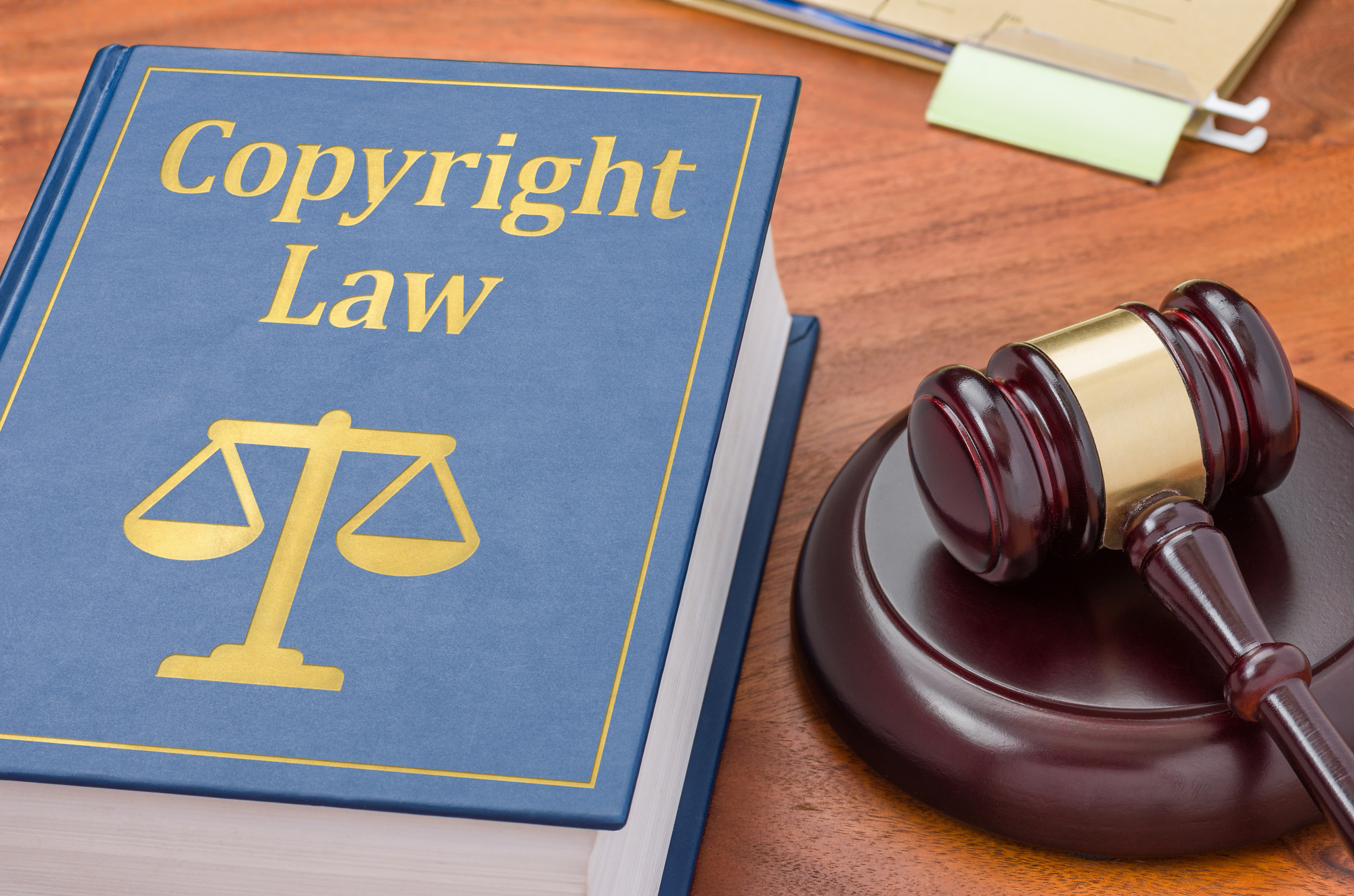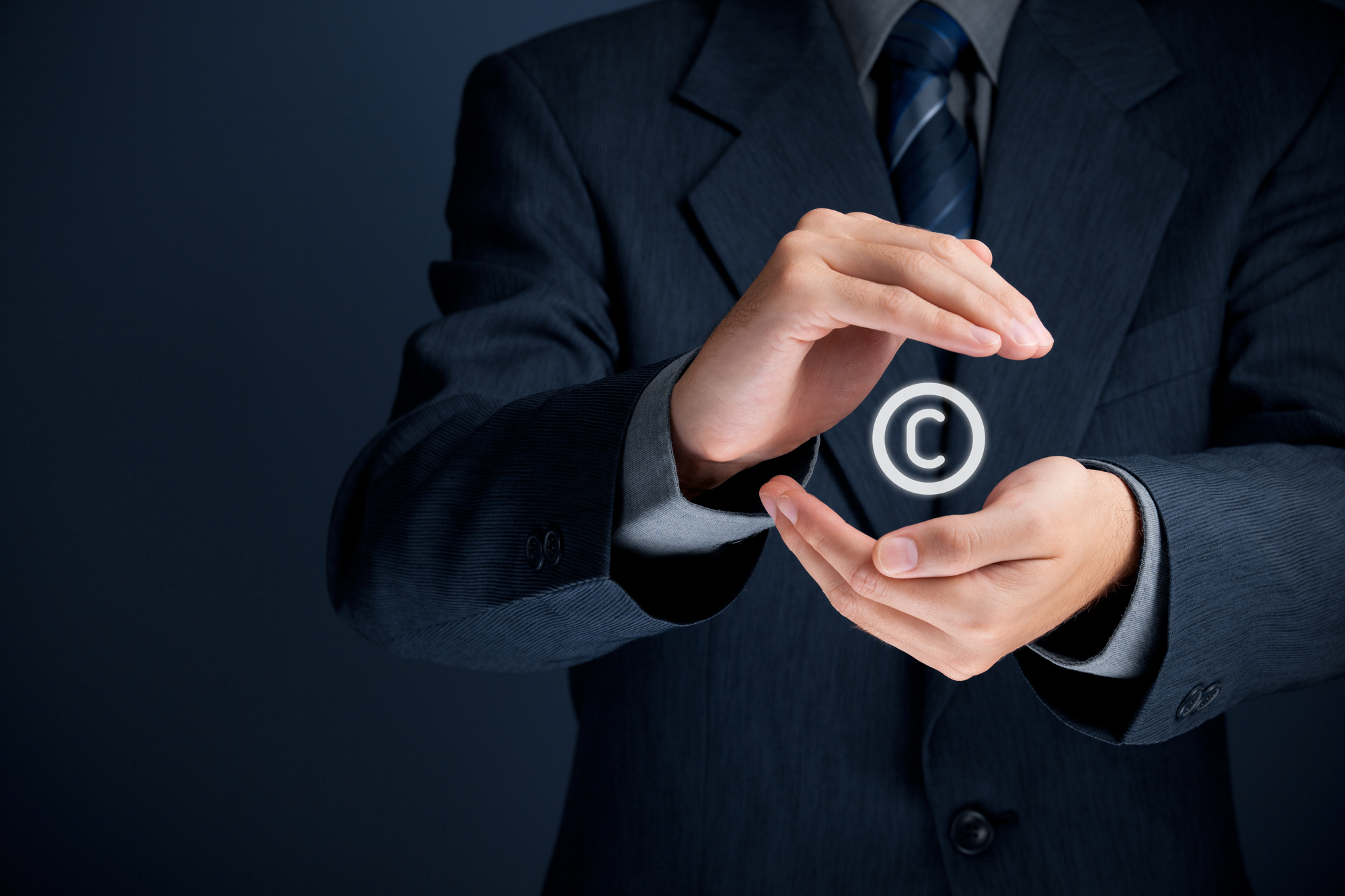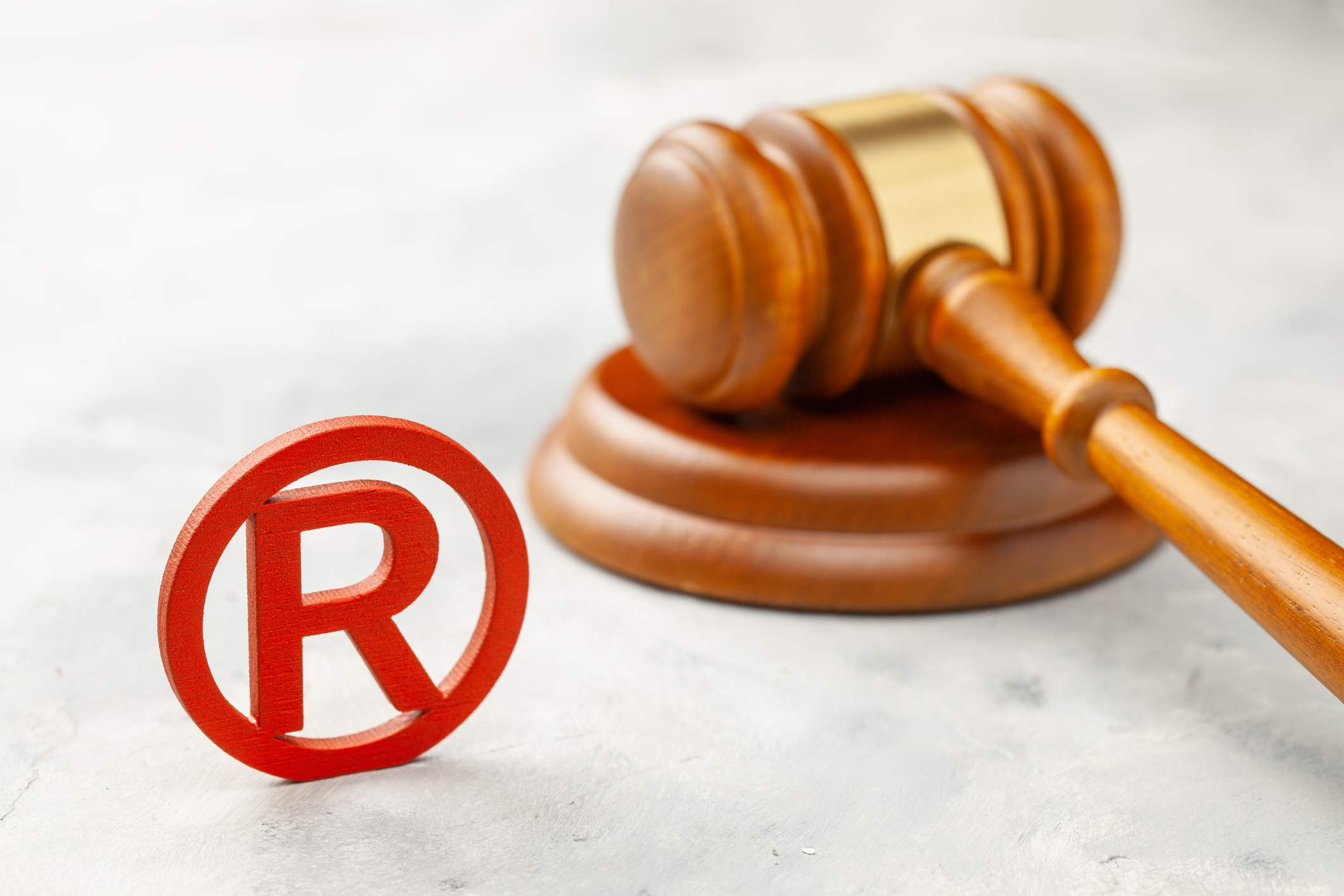Copyright means the right to copy. And in America, copyright protections are an exclusive right the copyright owner holds. As the copyright holder, an individual can sell, reproduce, and perform their copyright-protected content however they choose. Other individuals, however, do not have that same right to the content. If someone decides to use, sell, or perform a piece of copyrighted work without the express permission of the copyright holder, then that person can be held liable for damages under the law.
Copyright protections do not extend to everything. For example, you cannot copyright an idea, process, title, process, or discovery. Names and slogans cannot be copyrighted but may be subject to trademark protections.
If you have been accused of copyright infringement, take a breath, then contact attorneys with experience handling copyright cases like yours. Some claims are not legitimate, so you should not panic. However, other claims can be severe charges, especially for a creative in the same field as the plaintiff. In either case, your lawyers will help you through the process as you get to the bottom of things and discuss how to build a strong defense.
What is Copyright Infringement?
Several types of works can be copyrighted. Indeed, most copyrights are automatic, and the creator’s rights are assumed. However, those looking to ensure their creator rights are advised to register a copyright anyway, granting themselves more authenticity and protection.
Copyrighting works such as art, photography, books, poetry, music, film, digital software, and stage plays is possible.
Examples of copyright infringement include the following:
- Illegally downloading movies and music for personal use.
- Making only minor modifications to someone’s copyrighted work and releasing the modified take on the work for profit.
- Public performances of plays, films, and some music without the creators’ permission.
- Recording a movie in a theater with a phone or camcorder.
- The illegal distribution of a TV show.
- The sale of merchandise that includes copyright-protected material.
- Uploading copyright-protected works online to be pirated by others.
- Using someone else’s photos online without their permission.
What if the Plaintiff Escalates Their Infringement Claims?
Sometimes, all you’ll get is a notice that you’ve violated a copyright and a request to cease. So long as you meet those demands and stop profiting from the copyrighted material, the claims may go away. However, in other cases, the copyright holders may pursue further legal action, perhaps in hopes of obtaining damages from the accused or holding them accountable in different ways. If the plaintiff escalates their infringement claim, you must seek professional legal counsel immediately.
Often, to smooth things over with the plaintiff, the accused will reach out to them and try to explain their position. Resist the urge to do so. The plaintiff can use your words against you as they build a case with their lawyers. Instead of speaking to the plaintiff, talk with your attorneys and let them bridge the two sides if that is the right course of action.
What Are Common Defenses Against Copyright Infringement Allegations?
In their attempts to free themselves from the burden of wrongdoing, many of the accused will claim things like how they assumed the work was free to use, that they saw no © symbol, so they didn’t know it was copyright protected, and that they shouldn’t be held liable since they’re not making money off the material. These reasons may be valid, but they’re not legal defenses as much as excuses.
The most assured defense is to see whether or not the infringement claim is valid. Please research where you got the copyrighted materials, whether you have an authentic license for their use, whether you are using the protected works as the claim insists, and whether or not the claimant is the rightful owner of the intellectual property.
Other defenses include arguing that your use was protected under the fair use concept or that the content belonged to the public domain.
What is the Fair Use Concept?
‘Fair use’ allows for limited use of copyright-protected work for commentary, research, education, and even parody purposes. The courts use four factors to determine whether your use of the copyright-protected material is fair use.
The four factors include:
- Is your use of the material for profit? Is it of commercial value? Or is it non-profit and for education?
- What is the nature of the original work in question?
- How much of the copyrighted work did you use? Approximately what percentage of the work was performed or used?
- What effect will your performance or use of the copyrighted material affect the copyright holder and their original work?
If your work satisfies the court’s requirements for fair use, you might not face any further charges for copyright infringement.
What Works Are Part of the Public Domain?
Any work not protected by copyright is part of the public domain.
Material may lose its copyright after the copyright holder willingly allows its work to enter the public domain or after the copyright expires (this may take several decades). Many older books and films have expired copyrights, so you see them now in the public domain.
Schedule an In-Depth Consultation with Experienced Florida Copyright Lawyers
If you’ve been accused of copyright infringement, it is imperative that you immediately speak with a copyright lawyer. Some copyright infringement claims are false or nothing to be too concerned about, but until you know more, it is wise to treat every claim as potentially severe and damning. As your legal representative, Lankford Law Firm will research the claim and help determine a defense that brings the case to a satisfying conclusion.
Please call our law office at 850-888-8992 to schedule your initial consultation.


 Call Us Now
Call Us Now Email Us Now
Email Us Now




